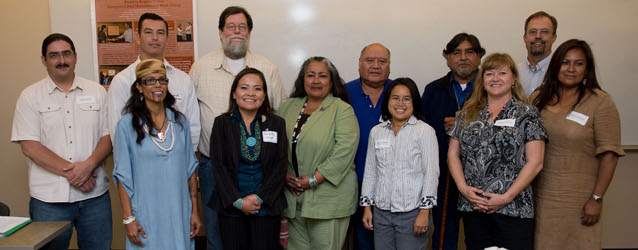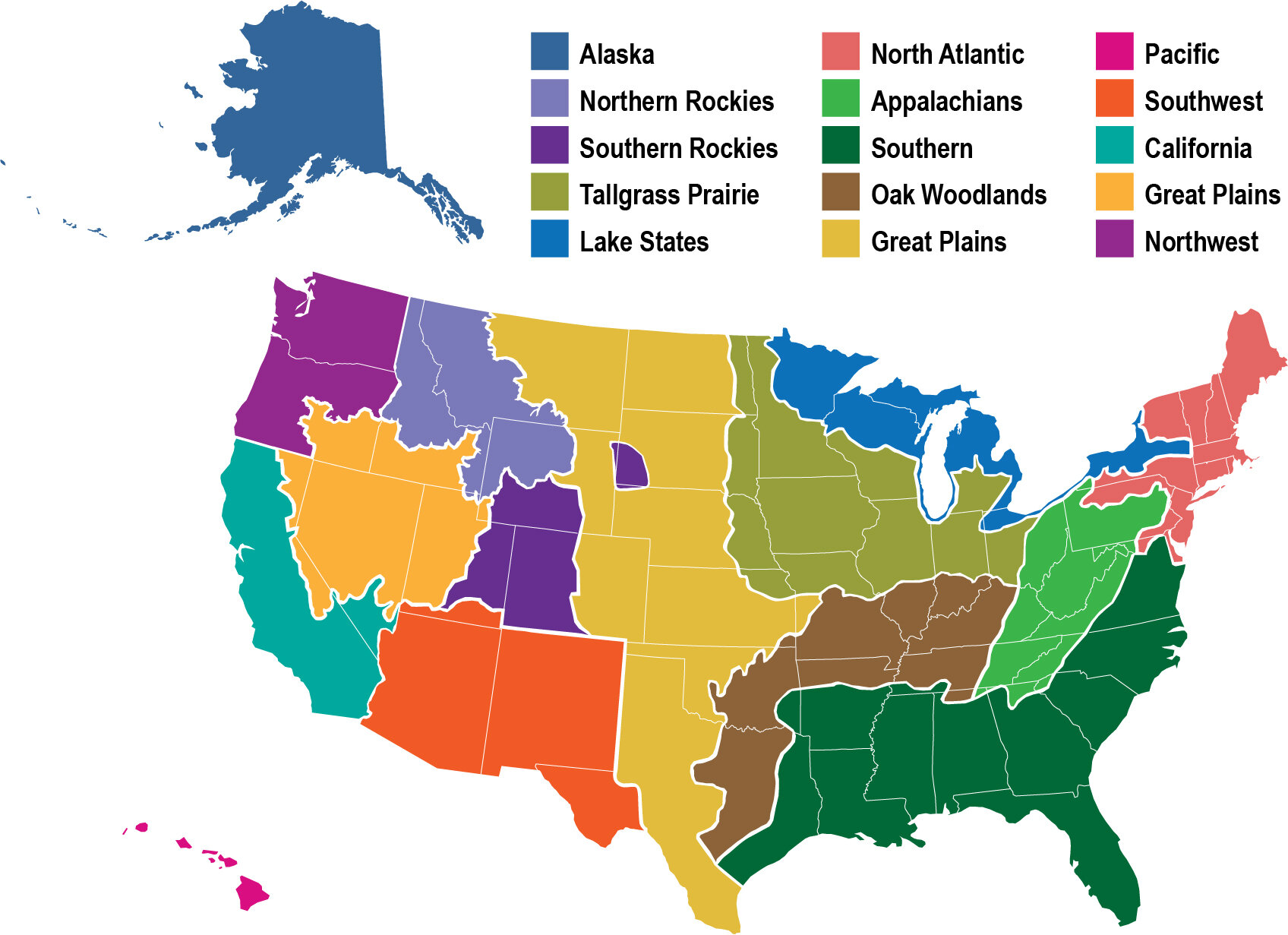Traditional Ecological Knowledge Training Workshop Notes
/
A diverse group was gathered in the room, from tribal elders to federal agency managers and even a museum curator. What brought this diverse groups together? We were gathered to learn how Traditional Ecological Knowledge (TEK) can become a partner in land management by federal agencies and NGO’s.
The California Landscape Conservation Cooperative and the California Department of Water Resources hosted this workshop on September 23, 2014 in Sacramento. The following description of the event was advertised:
This one-day workshop for state and federal agency staff, NGOs, and Tribes with interest in how Traditional Ecological Knowledge (TEK) can help ensure resilient and sustainable natural landscapes for California in the face of climate change and other ecological stressors. Participants will learn from Tribal instructors about what TEK is, how it has been cross-walked with Western science to gain valuable insights about species and ecological cycles, and how to talk with Tribes about TEK. Attendees will come away with an increased understanding of TEK and indigenous peoples of California, and how we can work together in the future.
Since I started my position in the California Fire Science Consortium in May, I’ve heard a number of examples of tribes working with federal partners or prescribed fire councils to actively use fire as a management tool. This interest into how TEK and cultural burning may fit into the fire world is echoed in many other places across the nation but there is still much to learn and understand.
TEK—as with most terms— fails to capture the more complex meaning of the concept it is meant to represent. Even using such a “pigeon term” can identify you as a foreigner according to speaker Preston Hardison. While such a term cannot adequately cover the wealth of meaning and understanding, it is at least a starting point to begin the discussion. Nuances aside, here are just a few paraphrased examples from the speakers of what TEK is to them.
TEK is…
A love and understanding and preservation of mother earth.— Mary Tarango
A philosophy, a practice, a spirituality, and a knowledge that comes with responsibility.—Ron Goode
A provision of support, of livelihood; the support of life, wealth, and health. Sustenance isn't just sustainability, it's a responsibility, a caring. —Sage LaPena
I learned so much at this workshop. For the sake of brevity, I’ve pulled out a few key points below. I highly encourage you to go to the CA Climate Commons website that is hosting the follow-up information. Here you can download presentations, see the program and speaker information, and check out the TEK resource library commons.
Key points:
Diversity
The diversity of the tribes is highly important to recognize. There is a tendency to group tribes together based purely on where they live (or had previously lived; for a presentation on tribal history in California check out Dr. Lindsay’s presentation). But if you look at the history of the tribes, such groupings are incorrect. Neighboring tribes may have spoken completely different languages and believed in very different creation stories. In this case, geographic proximity doesn’t equal cultural similarity.
Why does this matter if you’re working with tribes? Because this can remain true today. In an applicable example, a successful partnership may look very different from tribe to tribe, even if those tribes are (or had been) neighbors.
Philosophy
If we can recognize that we all come to the table with our own beliefs, values, and philosophies than many of the common arguments can be recognized for what they really are, differing philosophies. One example of this, is the philosophy of how we view knowledge.
While western science is committed to open knowledge societies, this is not the same philosophy of many tribes. Knowledge comes with an inherent responsibility. Before a tribes will share their knowledge, they must believe that the recipient will be a good guardian of the knowledge, who will also practice reciprocity. Knowledge exchanges with a tribe will be a different process as knowledge exchanges between western scientists.
Knowledge sharing and partnerships
There are some additional legal reasons for concern over knowledge-sharing from a tribal view. Once tribal knowledge moves beyond the tribal boundaries, there are little to no law that adequately protect this knowledge (see Preston Hardison’s presentation to learn more about this; there are also some great guidelines for working with TEK in this presentation).
Most studies are also highly optimistic and fail to discuss the downside of sharing knowledge. Scientists often go to a tribe and try to find a solution by overlapping TEK onto a specific problem. This can be applicable for some problems but inappropriate for others. When the problem requires knowledge of resources or a spiritual issue, problems with sharing can arise and it can be an extractive process. Going in, recording knowledge, and then discarding the knowledge givers is not a sustainable method. Instead, any TEK method has to involve the knowledge keepers themselves.
Dr. Chuck Striplen discussed how to form a good method for a TEK working relationship in his presentation: “Embrace, encourage, enable, empower.” Under this method, tribes remain involved as co-managers, who can do the work on their own land. This method can also provide the opportunity for a traditional knowledge sharing system where an elder can teach the youth. Rather than viewing TEK as an information exchange, view it as a baseline for establishing a relationship. “Beyond obligations with an agency, we want a true connection” -Ron Goode
A call for science
The impacts of practices like cultural burning have yet to be well-studied by western science. For example, basket weaving materials were often managed by applying fire, but studies that compare the resulting vegetation to unmanaged forms are lacking in the body of western science research. Undertaking studies like these not only answer a relevant question but show an investment in knowledge that could be well received.





